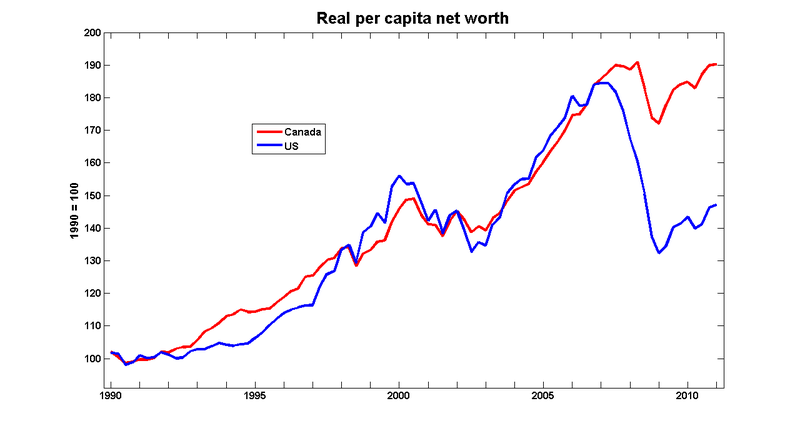Tim Harford puts the head of the ECB (Essex Community Business association) on the couch:
“With all due respect, doctor, I don’t think it’s me who needs to see a shrink.”
“Don’t worry. A lot of people feel a bit awkward when they first lie on this couch. This is a safe, non-judgmental space.”
“I wish the Essex Community Business association was as relaxed.”
“But you’re the chairman of the ECB association. Tell me why you feel that way.”
“Look, I always felt that the ECB association was supposed to be an informal talking shop, a way for people with shared interests to make new friends and perhaps even launch joint projects. Everyone was really happy when Georgios, the new owner of the Plaka Taverna, wanted to join — the more the merrier.”
[. . .]
“So if I understand the situation, you’re lending money to Georgios that you know he can never pay back, and demanding that his staff make sacrifices they are transparently unwilling to make, in order to protect Mr Saville’s bank, in order to protect José, who in some unspecified way is connected to Georgios’s fate.”
“It does sound a bit strange when you put it like that. I think the theory is that if we don’t throw money and yell impractical and unwelcome management advice at a transparently bankrupt business, then maybe a perfectly viable business will be damaged. Especially since there won’t be any money left, because we’ll have given it all to Georgios, who will have given it all to his waiters. Does that make sense?”




